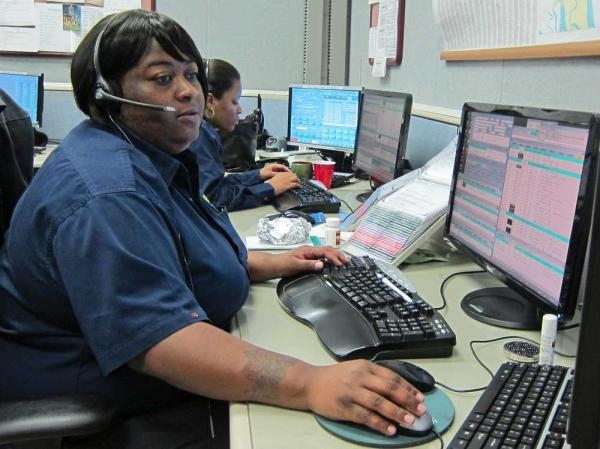Scrappycow sent me this article about 911. It is a frigging eye opener, thanks!
1999 saw 26% of 911 calls originate from cell phones, while the number today has tripled to over 75%. With the signal bouncing off of cellphone towers all over the place, it can be more difficult to use a computer system to locate callers. The most reliable way to ensure 911 has the right address is to call from a landline, but even that isn’t flawless. Frequently, dispatchers must rely on descriptions of landmarks and other local information.
When You Call 911 and Nobody Picks Up. – The Development Set.
Besides the obvious part that we can’t do much directly to improve the system and beating the old cowbell of being prepared to keep a victim alive till advanced help arrives, I realized I have forgotten one detail: The information that you need to pass to 911 so help can arrive as fast as possible.
So, what kind of information do we need to have for sure when calling 911 (or ordering to call 911 if your hands are gloved and busy) so help arrives fast and accurately? I contacted the hive mind in Facebook where I am lucky to know rescue personnel and cops and right there you got another inkling of the 911 problem: The answers tended to be as varied as the systems for processing the calls and who was responding which tended to be full computer systems with “smart” algorithms to old school checklists.
But if anything, everybody agreed on two main things: What is the nature of the emergency and Location.
The first one is simply resource management that need to be understood: Not all calls require the same equipment and personnel or all of it as you are not the only person going through shit. Your fiancée might be in pain after breaking a leg and needs to be taken to a hospital, but little Jimmy who fell of the balcony, hit his head and is unresponsive has the priority no matter how much it pisses you off. It is called triage.
tri·age: The assignment of degrees of urgency to wounds or illnesses to decide the order of treatment of a large number of patients or casualties.
Now, be accurate. do not exaggerate the injuries just to get Responders faster. Don’t be an asshole that way. There is a reason you trained and are prepared to help somebody.
Next is location and trust me when I tell you, this one is not as easy as it seems. If you read the article, you are now having a newfound respect for the shit sandwich that directing help toward your location can be. Now, you are not helping if you do not accurately inform 911 where you are. Sure, if you are home and your neighbor’s house catches on fire, routing the Fire Department is a piece of cake. But how about the car accident in the middle of a highway you take very day and suddenly realize you have no idea which mile marker you are or in between what exits you might be because you don’t use them? Can you even tell if you are north/south/east/west bound? Are you in control enough to find out and even include some landmarks to help navigation?
After that, just answer the questions you will be asked as best as you can. It seems every department has a different set of questions and procedures and it is just better off follow the flow that anything else. But Nature of the Call and Location appear to be universal. Get that info fast and accurate so you can relay it the same way.


Also one thing to have knowledge of is the non-emergency number for police in your area.
For example, there were some vagrants camped outside the fenceline of the complex we live in. Outside the fence, it’s public property, but they were being a nuisance as they were leaving crap all over the place and so forth. I didn’t call 911, I called the non-emergency number. A cop rolled up soon after and while he couldn’t force them to move, he implied that it wasn’t a good idea to basically build a campsite where they were. They got the hint.
In my opinion, 911 is reserved for life-threatening (or disabling injury) emergencies. Anything else, just call the local police dispatcher number directly. For Miami-Dade PD, it’s 305-4POLICE, for local departments, Google is your friend.
Good advice, pod. I’ve had my local PD’s non-emergency number in my phone for a while now.
I’ve found out giving a location is hard first hand. Motorcycle accident, I’m uninjured but call 911 and they ask me where we are and all i can say is I don’t know. It never occurred to me that I wouldn’t know specifically where I was at any given point in time; I was riding with a group and not leading so I had no idea. That was na eye opener. Fortunately it happened literally in from of a fire station so response was instant without a call.
Uuummm since the revamping of 911, cell phones have an E911 location feature. You can shut off YOUR location feature but E911 cant be shut off.
It is not the shut off but the failure to perform. It is not that we have not heard stories of GPS sending people into lakes and ravines, right?